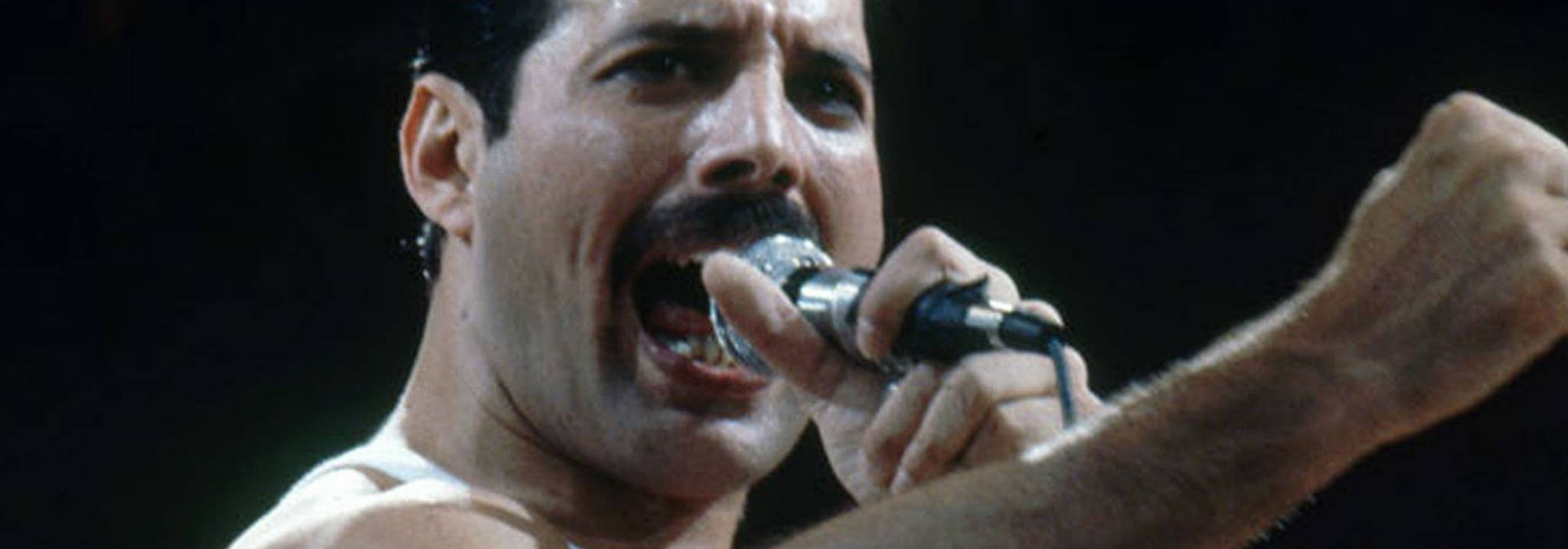
Why is Freddie Mercury trending on Twitter 25 years after his death? As fans across the globe join each other in celebrating what would have been his 70th birthday, it’s become clear that the psychology of grief is shifting; in the age of social media, no one has to die. Because our avatars live on online, finality is postponed.
We’ve always mourned collectively – funerals are social expressions of grief, after all. But never before has it been easier to relive memories or reach out to distant loved ones, whether living or dead. Facebook pages of the dead may soon outnumber those of the living, memorialised into places where friends and family can still like old statuses and leave new messages. The Hong Kong government actually encourages the creation of online mourning places in the space-scarce city.
Mourning has become increasingly public; not just for loved ones, but for the death of public figures. The parasocial relationships we form with celebrities, which can feel as real as a friendship in more devoted cases, are already set up to make little distinction between what’s virtual and real. Twitter lends itself well to eulogizing, while Facebook users can organize ad-hoc memorial events. A memorial picture posted to Instagram becomes part of how a user represents themselves, tying a public figure to how they express their values and sensibilities – a part of the identity they’ve curated for themselves online.
Though some critics say public mourning is purely performative, those in support of it say it encourages a deeper engagement with memorialisation, allowing people to connect over shared memories. “Social media filled in the space around the obituaries,” wrote journalist Gabriel Roth, following the death of Prince. “These posts map the millions of points at which Prince and his music intersected with the lives of the people who heard it.”
Taste develops networks both on- and off-line, but the death of a beloved figure can cause the intensity of these connections to spike. Celebrities’ pre-existing associations are enduring cultural touchstones, and brands can benefit from a star-struck match; both Marilyn Monroe and Grace Kelly came back to life for 2012’s high glamour Dior campaign, and when it came to the first celebrity endorsement for luxury weed in 2014, Bob Marley was an obvious choice. Is death, ultimately, a good career move? It can be – especially if a celebrity’s estate is clever about licensing and endorsements; Michael Jackson’s raked in £90 million in 2014 alone. But whether or not they’d be happy to endorse a brand beyond the grave? We’ll never know.
Discover more insights like this by signing up to the Canvas8 Library.
Alex Quicho is a writer and cultural researcher in London. Born in Boston and raised in Manila, she writes about identity, futures, and soft power in art and design.